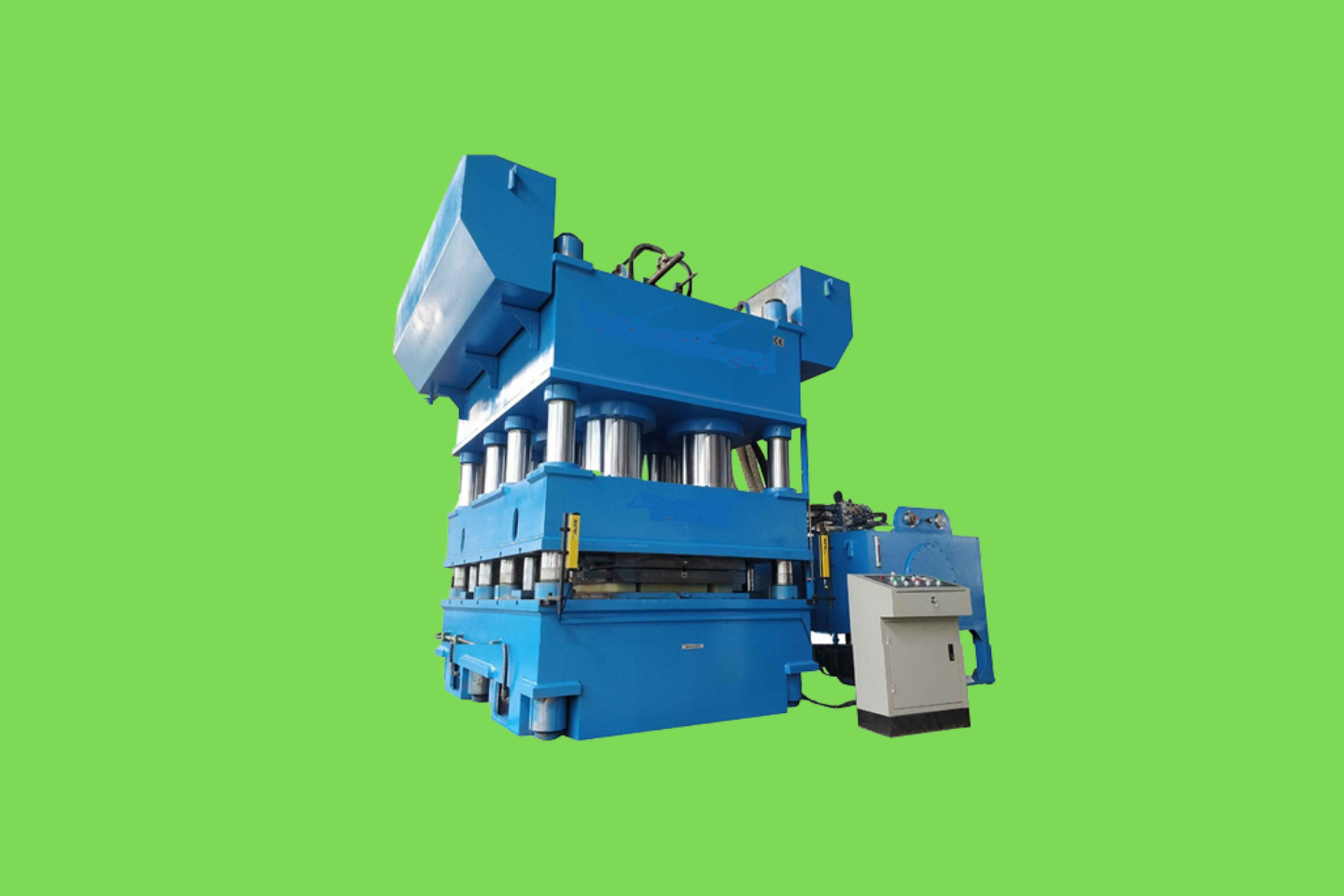Manufacturer and Supplier of Hydraulic Press Machine in Kolkata
Purchasing capital equipment is an involved process because there is much to consider. Starting with the frame construction, it is important to ensure the custom machine has been fabricated to stand up to years of work. Key interlocked frames are preferable for higher tonnage because they are more durable, allowing for more long-lasting and reliable use. Custom hydraulic presses come in an array of sizes, each with certain tonnage capacities. Because hydraulic presses may be application specific, discussing the intended application of each press is important to ensure the machine is appropriately equipped for the job. Items to consider prior to purchase include, correct tonnage capacity, tool sizing, and whether the process requires level or off–center loading as the load types may determine which style press should be purchased for a specific application. Additional hydraulic press solution considerations may include:
- For drawing applications certain processes require cushions or clamps to hold the material at a certain pressure, to control the speed of the material being drawn into a die.
- Consider whether the customized hydraulic press die has nitrogen springs in it – if so, ensure the hydraulic machine can handle the “spring back” force.
- Hydraulic press parts availability, meaning does the press require off–the–shelf parts or will they need to be special ordered. This is an important factor to consider as downtime hinders shop productivity and ultimately business profitability.
- Service availability can play a key role in the decision of purchasing a custom hydraulic press solution. Having local technician s is helpful for ease of initial set-up and having local availability to train operators and troubleshoot issues that arise. Local service technicians help to eliminate detrimental downtime in shops.
- If automation is going to be a part of the process, special consideration will need to be made as to what capabilities the system must have and how the product will move through the press.
- When purchasing capital equipment, ask questions about warranties and understand what types of services and repairs will be covered by the selling company, and for how long after purchase the warranty will be valid.
Benefits of Utilizing a Custom Hydraulic Press (vs Other Methods) For Production
There are many production methods that can be used for metal forming. Hydraulic presses can be used for compacting, assembling, punching, forming, embossing, and drawing. Customized Hydraulic presses offer versatility in stroke length, die space, and pressure capabilities that other production methods such as mechanical presses cannot.
- Consistent pressure or force: Hydraulic presses offer full tonnage available anywhere in the stroke. Mechanical presses, on the other hand, require the operator to calculate where they need to position their parts if they need the full tonnage of the machine.
- Ability to vary stroke length per part requirements: Mechanical presses require utilization of the full stroke every time, this can be a time-consuming process. With a hydraulic press, the stroke length can be set to have a partial stroke. More care must be taken when using progressive (moving) dies on a mechanical press than when used on a hydraulic press.
- Freefall system: The slide on a hydraulic press solution can “freefall” during the approach, which allows the operator to increase the number of strokes per minute. During “freefall” the machine’s slide releases and gravity sends it down to its intended location. By utilizing gravity, and operator can speed up their production
- For aging machinery that requires updating, it is often less expensive to rebuild or retrofit a hydraulic press as compared to the cost of rebuilding a mechanical press.
- Hydraulic presses allow for more customization and have the capacity to handle a range of tonnages. Alternatively, mechanical presses are typically one size per tonnage.

